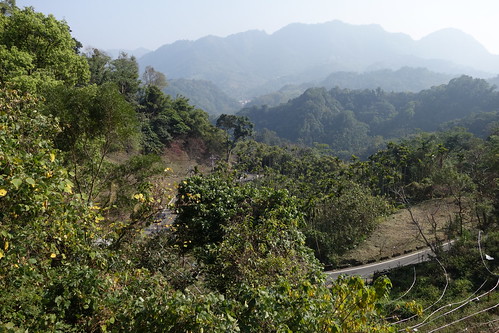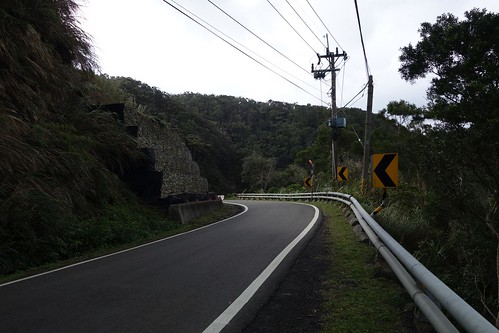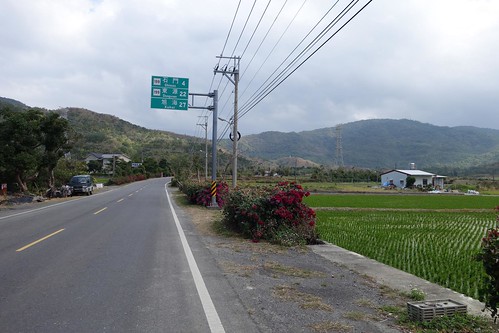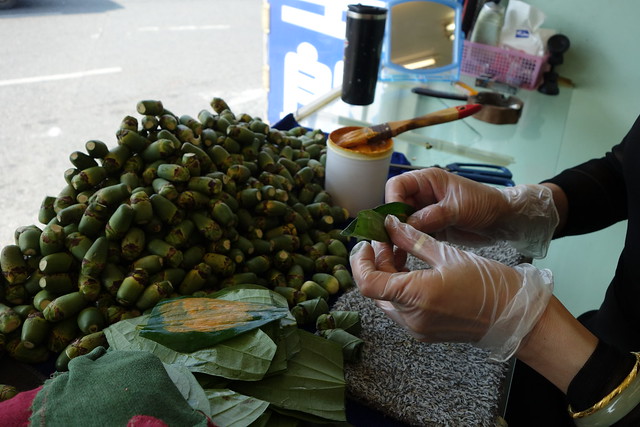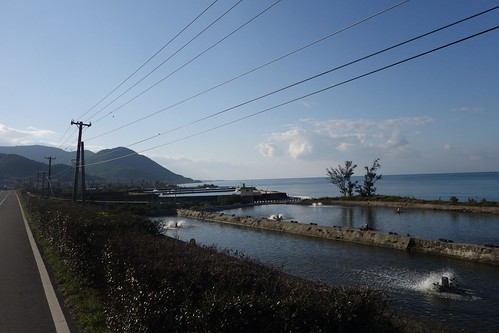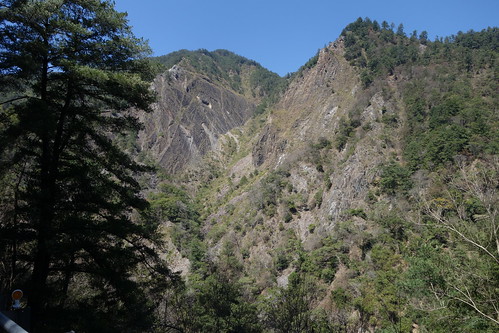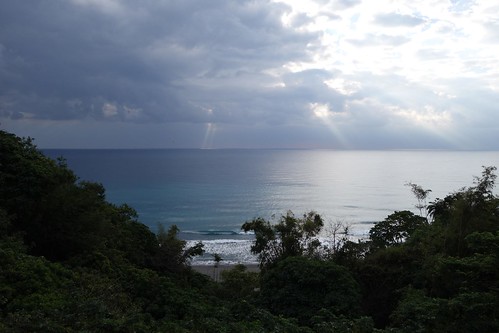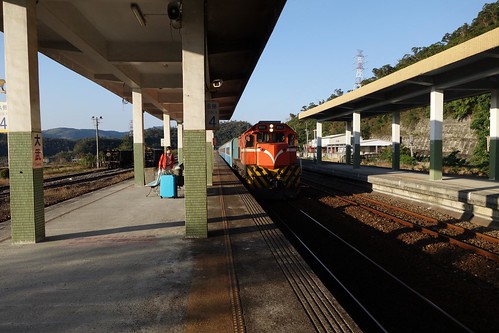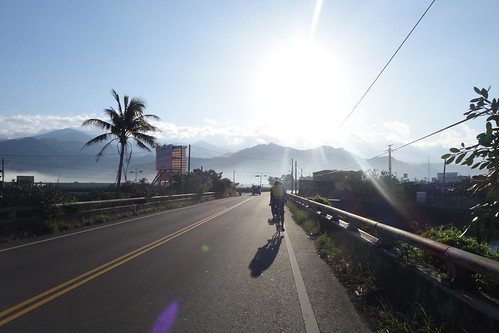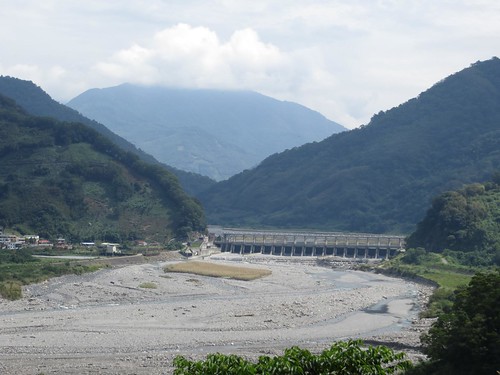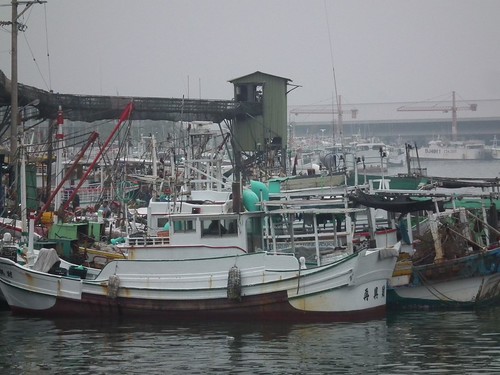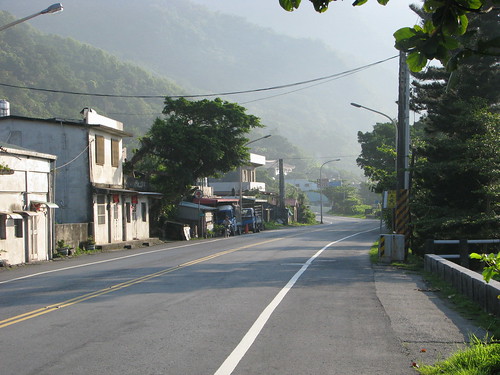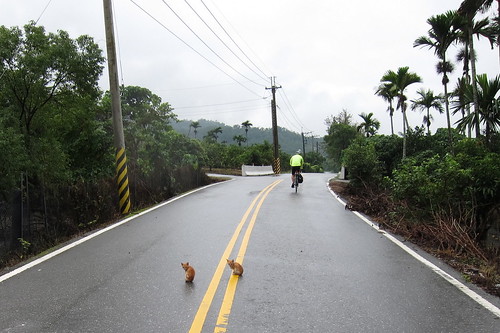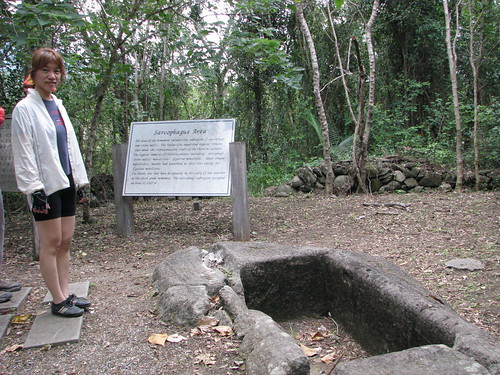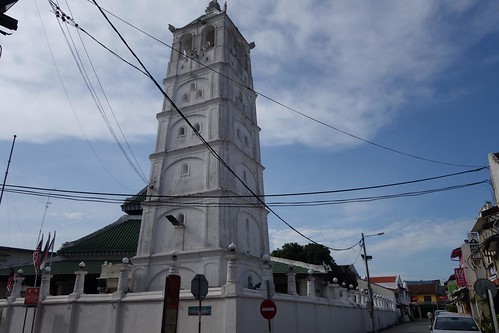The March 2, 1947 telegram. Academia Historica via Taiwan News.
“Anyone with basic common sense can determine that Chiang is the one who should be held responsible,” Chen said (Japan Times).
Soon I must remove him , the Baron thought. He has almost outlasted his usefulness, almost reached the point of positive danger to my person. First, though, he must make the people of Arrakis hate him. Then - they will welcome my darling Feyd-Rautha as a savior .
A new telegram from 1947 published this month confirms, if any further evidence were needed for evidence-based minds, that KMT leader Chiang Kai-shek provided troops to Chen Yi, governor of Formosa, to murder the Taiwanese who had resisted KMT occupation. The wonder is not that there is disbelief about Chiang's role in the massacre. The wonder is that we are still asking the stupid question of whether Chiang is responsible.
The oddity of this discourse stands out. There's very little literature attempting to absolve Stalin or Pol Pot of their crimes. There is for Hitler, but only because he still has worshipers (precisely!). Why the struggle over Chiang's responsibility for 2-28? Same as for Corporal Schicklgruber: partly because there is enormous pressure from the KMT which reverberates down through time, as well as constant steering from pro-KMT academics that skews assessments of Chiang, and KMT funding for those who want to write about him, to block any negative presentations of their culture-hero Chiang Kai-shek, Joshua to Sun Yat-sen's Moses. The man has
a personality cult, after all, with its own massive temple-memorial in downtown Taipei.
Several reports this week on the new information.
Japan Times:
Among the new evidence is a letter dated March 2, 1947, sent by Taiwan Gov. Chen Yi to KMT leader Chiang Kai-shek informing him that he had requested Chief of the General Staff Chen Cheng to send more troops to crack down on civilian protests.
While Chiang publicly said he did not agree to send the troops until March 7, the March 2 letter is the newest proof that Chiang, who died in 1975, should shoulder most responsibility for the massacre, said Chen Yi-shen, an associate research fellow at Academia Sinica’s Institute of Modern History.
Published even earlier is a March 4 telegram that Chen Yi sent to Chiang requesting more troops from the mainland.
The telegram above requests army units with "superior qualities" to
su4 qing1 (
肅清) "eradicate" the protesters in Taiwan, whom he labeled "bandits". There's absolutely no question about the intent of the language. It's quite clear.
It was always been clear. Kerr observed in
Formosa Betrayed that Chen Yi was simply playing for time while the army, equipped with hastily painted over American weapons and vehicles, arrived to kill the protesters.
Taiwan News reported:
National Taiwan University Professor Chen Tsui-lien (陳翠蓮) said that the historians had been looking for the critical document of a telegraph issued by Chen Yi but to no avail, and the discovery has proved the assumption that Chen on the one hand tried to buy time by promising reform and appealing to the native Taiwanese not to take to the streets, but on the other hand pushed Chiang to send troops across the sea to end the uprising.
Ming-yeh and Gary
Rawnsley have a well documented historical essay from 2001 on Chiang's culpability. They argue that Chiang did not intend that the response be violent, but his control of the faction-ridden bureaucracy and military was poor. The recent telegrams lay that set of apologetics, often put forth by pro-KMTers (which the Rawnsleys are not), forever to rest. The Rawnsleys lay out some of the old arguments for Chiang's culpability:
That the violent response to 2-28 went against direct orders issued by both Chiang Kai-shek and Chen Yi has been contested. Chen Yi-shen (陳儀深), for example, has advanced three key points that together make a compelling argument. First, why did Chiang not punish those who disobeyed him? In fact, Chiang rewarded Zhang Mu-tao, Chen Yi, and Peng Meng-qi for their military actions. Second, according to former members of the Taiwan Garrison Command, many individuals were singled out for execution on the orders of Chen Yi. Finally, temporary martial law‖ was proclaimed in Taiwan from February 28 to March 1, 1947, and then from March 9 to May 15, 1947. According to the law of Nationalist China, temporary martial law‖ could only be formally recognized when the highest local commander (Chen Yi) asked for official consent from the central government (Chiang Kaishek).
Their discussion of the then-documentary evidence is thorough and interesting, and contends that the factionalization of the KMT and the army was a major factor in the handling of the 2-28 revolt. Their conclusions:
Our conclusion is that, according to archival evidence, Chiang Kai-shek must bear a share of the responsibility for 2-28 in the following ways. First, Chiang was responsible for Chen Yi‘s appointment in the full knowledge of his record for violence in previously held administrative positions. Second, Chiang was preoccupied with the civil war in mainland China at the time, and was therefore vulnerable to misleading information, especially information that Communists were responsible for 2-28. In other words, Chiang Kai-shek was guilty of placing far too much trust in Chen Yi, and of having too little confidence in other sources of information. Third, the style of politics that Chiang Kai-shek had engineered allowed factionalism to dominate the administration and the military both in China and in Taiwan. During the crisis of 2-28, factional struggles were so intense and complicated that even Chiang could not exercise ultimate control over different local commanders. Nevertheless, we are unable to hold Chiang Kai-shek directly responsible for the massacre unless further archival evidence reveals otherwise.
It's a historians paper, very conservative, and it relies on archival evidence, which the Rawnsleys make clear is subject to new findings. The conclusion is reasonable, so long as you only think about the archives, and it is one that the KMT has attempted to steer historians into reaching.
But, the political reality is something else. The idea that Chiang would permit Chen Yi to amass an army in Fujian, and then transport it to a large productive island which he could use as a base for independent rule, without Chiang's express permission and approval, is absurd. Dictators do not operate that way: they trust no one, even close subordinates
and especially close subordinates, and they do not hand them large armies for independent operations without good reason and without good control. There is no way that Chiang did not know what Chen Yi intended to do with those troops -- Chen Yi had already done so in the 1930s when he was governor of Fujian and massacred rebellious soldiers. Indeed, Chiang had known that. One could just as well argue that Chiang realized that if Formosa was going to be looted, Chen Yi was no man to scruple at killing to accomplish it.
The political reality is that Chiang had to know what he was doing and why, or else it wouldn't have happened. Chiang had people in Chen Yi's organization watching Chen Yi and reporting to Chiang, because that is how organizations everywhere in the Chinese world are conducted, from cram schools to the President's office (the army's political officers were gone as a result of the war and not to be reinstituted until 1950 when the KMT had to clamp down on the army to maintain control in Taiwan). Moreover, Chiang had a stream of independent reports on the situation in Taiwan, some of which suggested that Chen Yi be replaced because he was stirring up a revolt, and when the revolt occurred, that Chen Yi's administration was a major cause. Indeed, the Americans and local newspapers had told Chiang so months in advance of the massacre.
Much of the discussion of Chiang's culpability hinges on the (unspoken) assumption that Chiang would have acted to right the situation, had he known/properly understood/had not been distracted. This is what normal people would do. Hence it is typical to construct a set of explanations of why Chiang didn't act sooner. But Chiang is not a normal person, but a murderous dictator who ran a brutal police state. What if that assumption is wrong?
Why did Chiang retain a subordinate who was known to brutal --
whom Chiang knew was brutal and a terrible administrator because he had been told so again and again when Chen Yi was running Fujian Province -- and likely to stir up a revolt? Why would he retain that subordinate in Taiwan who he had repeated warnings about? Why was Chen Yi permitted to brew up a revolt? One interpretation is that Chiang was busy with the civil war and distracted, etc. We've all heard that. Indeed, after Chen Yi was removed from Taiwan, he was sent to run Zhejiang Province.
But another is: his known brutality
is precisely why Chiang left him in Taiwan. Here was an island fresh out of Japanese hands with a wide range of people who were "tainted" by long association with the Japanese, who would have to be suppressed. Remember what happened to the individuals in the collaborationist Wang Jing-wei government: most of them were liquidated. But Chiang couldn't simply walk into Formosa and execute everyone, he needed an excuse. And Chen Yi obligingly furnished him with one...
_______________________
[Taiwan] Don't miss the comments below! And check out my blog and its sidebars for events, links to previous posts and picture posts, and scores of links to other Taiwan blogs and forums!
